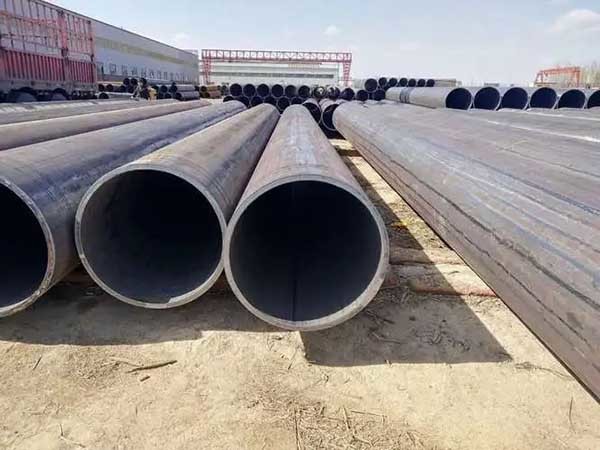Understanding Pipe Caps: Your FAQs Answered
Jul 15,2025
What Exactly is a Pipe Cap?
A pipe cap, often overlooked but undeniably crucial, is a fitting used to seal the end of a pipe. It's like putting a lid on a jar—essential for keeping everything contained! Whether in plumbing, construction, or manufacturing, these little wonders prevent leaks and protect the pipe's interior from contamination.
Why Use a Pipe Cap?
Now, you may be wondering, "What’s the big deal? Why not just leave the pipe open?" Well, here’s the scoop: unsealed pipes can lead to all sorts of issues! Think leaks, dirt infiltration, and even corrosion. A pipe cap acts as a guardian, ensuring that your system runs smoothly and efficiently. Plus, it helps maintain pressure, which is vital in many applications.
Types of Pipe Caps
Pipe caps come in various materials and sizes, tailored to fit different needs:
- Plastic Pipe Caps: Lightweight and corrosion-resistant, ideal for PVC pipes.
- Metal Pipe Caps: Often made from stainless steel or brass, perfect for high-pressure applications.
- Threaded Pipe Caps: Allow for easy installation and removal, great for maintenance.
Common Questions About Pipe Caps
So, let’s dive into some of the most frequently asked questions about pipe caps. You might just find the answers you’ve been searching for!
1. Can Pipe Caps Be Reused?
Ah, the age-old question! In most cases, it depends on the condition of the cap and its material. If it’s in good shape, you can often reuse it. However, if it’s damaged or worn out, it’s best to toss it and get a new one. Better safe than sorry, right?
2. How Do I Choose the Right Pipe Cap?
Choosing the right pipe cap is as simple as pie! Just consider the pipe’s diameter, material, and the environment it’s in. Whether you're dealing with high temperatures or corrosive substances, there's a cap out there that fits the bill. Don't hesitate to consult with a professional if you're unsure!
3. Are Pipe Caps Expensive?
Not at all! Pipe caps are generally quite affordable. You can find options that fit most budgets, so you won’t break the bank. Just remember, investing in quality caps can save you a lot of headaches down the line.
Installation Tips for Pipe Caps
Installing a pipe cap isn’t rocket science, but a few tips can help you avoid common pitfalls:
- Make sure the pipe end is clean and free from debris.
- Use thread sealant for threaded caps to ensure a tight seal.
- Don’t overtighten! It can lead to cracks or damage.
When to Replace Your Pipe Cap
Keep an eye out for signs that your pipe cap might need replacing: leaks, visible wear, or corrosion are all red flags. If you notice any of these, it’s time to take action—before things get messy!
Conclusion
In summary, a pipe cap may seem like a small component, but it plays a significant role in the longevity and efficiency of your piping system. Whether you’re a DIY enthusiast or a seasoned pro, understanding the ins and outs of pipe caps can save you time, money, and hassle. So next time you’re at the hardware store, give a little nod to those caps—they're doing a lot more than you think!
PREVIOUS:
Contact Us
E-mail :
service@jhpipefitting.com
Phone/WhatsApp:
+86-15303377849
Address:
West of Hope New District South Section Road, Mengcun Hui Autonomous County, Cangzhou City, China

Add:West of Hope New District South Section Road, Mengcun Hui Autonomous County, Cangzhou City, China
Tel:+86-15303377849
Quote Now
Solutions for Your Industry, Ready for Your Choice







